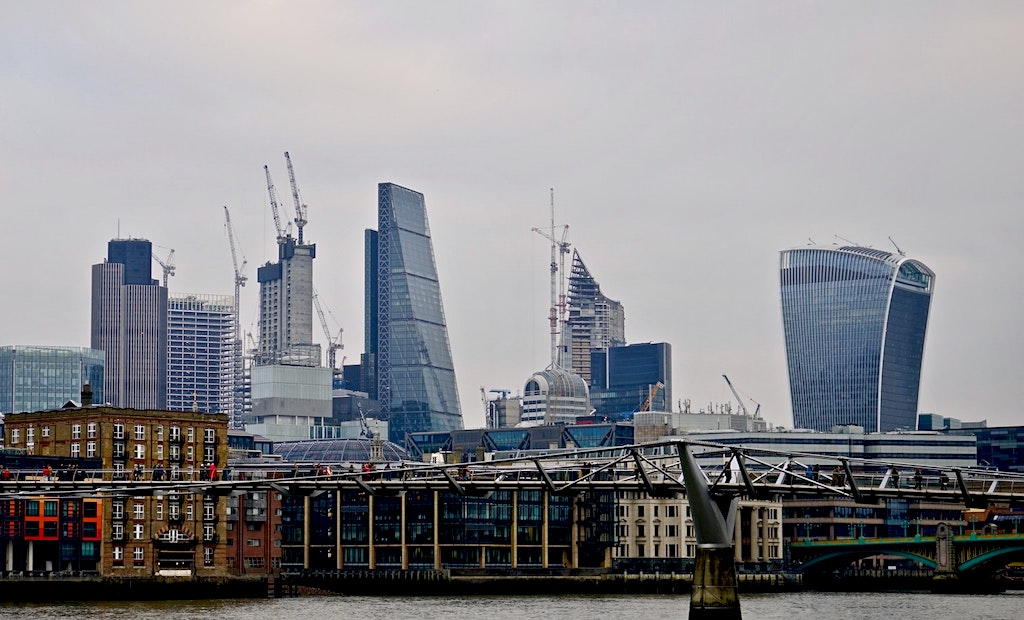British economy in double-dip recession

The British economy has sunk into recession once again, after gross domestic product (GDP) figures fell for the second quarter in a row.
Recession has most certainly returned, defined as two consecutive quarters of economic decline: the economy shrank by 0.3% in the last 3 months of 2011 and by 0.2% in the first quarter of 2012. The UK economy was last in recession in 2009, making this Britain’s first double-dip recession since the 1970s.
According to the Office for National Statistics, a dramatic fall in construction output was to blame for the surprise contraction, as well as the manufacturing sector failing to return to growth.
At Prime Minister’s Questions today, David Cameron said the figures were “very, very disappointing.”
“I don’t seek to excuse them; I don’t seek to try to explain them away. There is no complacency at all in this government in dealing with what is a very tough situation, which frankly has just got tougher.”
Labour leader Ed Milliband declared the numbers “catastrophic,” blaming the Prime Minister and Chancellor George Osborne’s economic plan for the failure: “This is a recession made by him and the chancellor in Downing Street. It is a catastrophic economic policy that has landed us back in recession.”
Osborne defended his position and economic policy: “It’s a very tough economic situation. It’s taking longer than anyone hoped to recover from the biggest debt crisis of our lifetime – even after the recent fall in unemployment.
“The one thing that would make the situation even worse would be to abandon our credible plan and deliberately add more borrowing and even more debt.”
Economists worry that Britain is in the midst of the longest economic slump for 100 years and worse than the Great Depression of the 1930s, fuelling fears that Britain faces years of high unemployment and economic stagnation.
Andrew Smith, chief economist at KPMG, said: “It’s official, we’re in a double-dip.
“But worse, output remains broadly unchanged from its level in the third quarter of 2010, and, four years on from its pre-recession peak, is still some 4 percent down – making this slump longer than the 1930s Depression.”
Smith expects output to remain weak in the second quarter, but with the Olympic Games and Queen’s Diamond Jubilee distorting the picture over the summer, it will be a while before the true state of the economy is clear.
Khaleda Rahman

























Facebook
Twitter
Instagram
YouTube
RSS